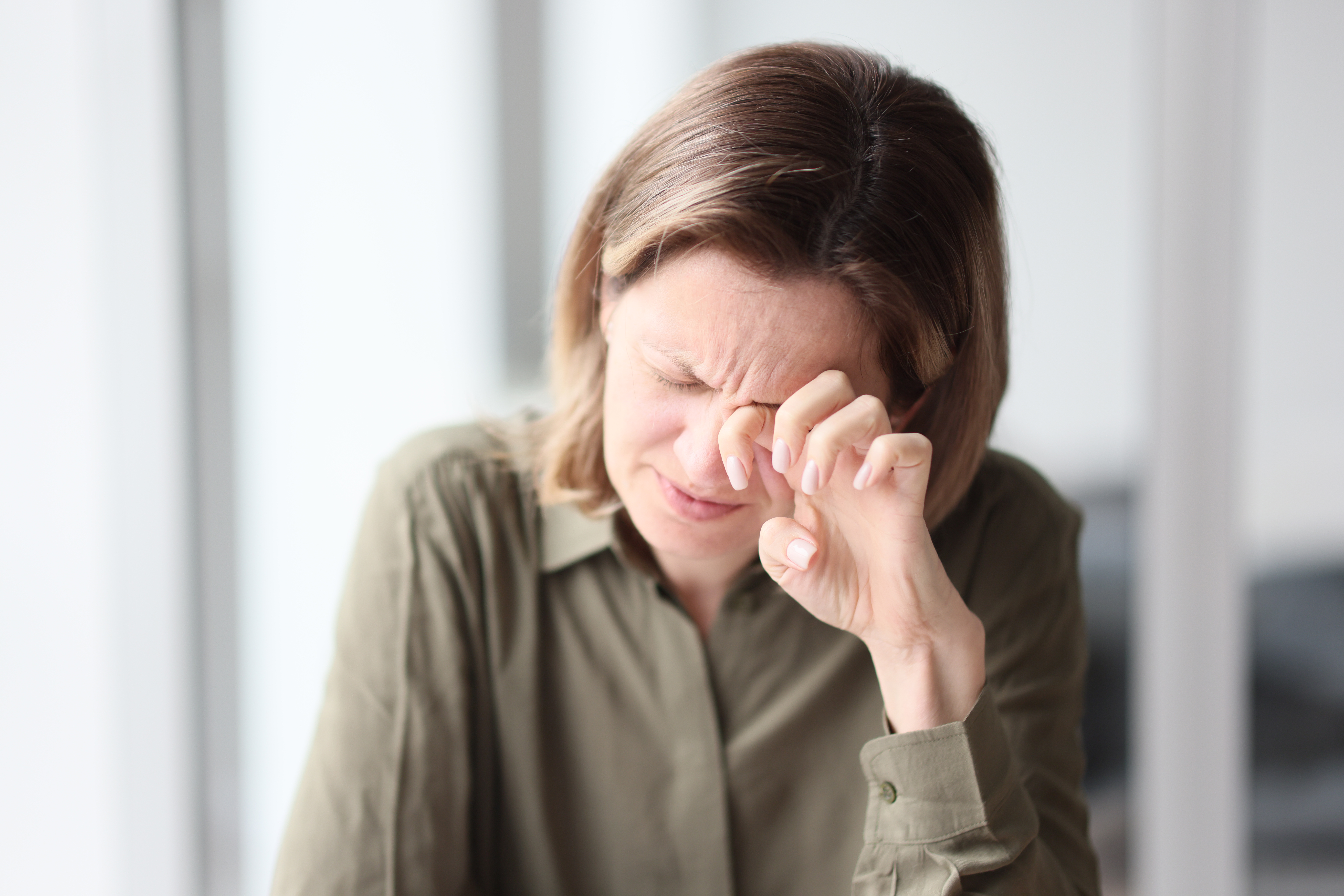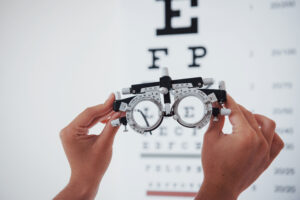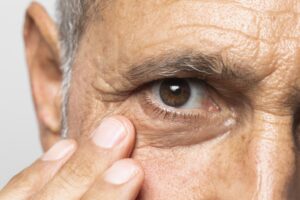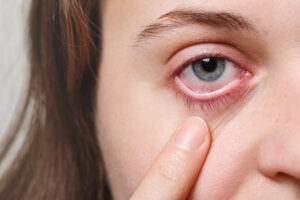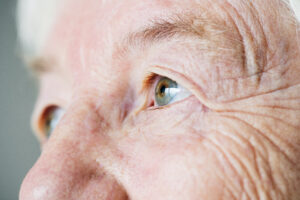What is Dry Eye Syndrome?
Dry Eye Syndrome is a common eye condition. It happens when your eyes do not make enough tears, or the tears dry up too quickly. Because of this, your eyes may feel dry, gritty, or sore. The causes of dry eye syndrome can vary, but it often leads to discomfort and vision problems. According to the World Health Organization, millions of people worldwide experience dry eye symptoms.
Common Causes of Dry Eye Syndrome
Many things can lead to dry eyes. Sometimes, it is a mix of reasons. Below are some common dry eye causes:
As you can see, there are many reasons why eyes get dry. Knowing these can help you avoid triggers.
Risk Factors for Dry Eye Syndrome
Some people are more likely to get dry eyes. Here are key risk factors for dry eye syndrome:
However, not everyone with these risk factors will develop dry eyes. Still, it is good to be aware.
How Causes Affect Symptoms
Different causes can lead to different symptoms. For example, if you spend a lot of time on screens, you might notice burning or stinging. If you live in a dry area, your eyes may feel scratchy or tired. Sometimes, your eyes may even water more to make up for dryness. But, these tears do not always help. According to the CDC, untreated dry eye can lead to infections or vision problems.
When to See a Doctor
Sometimes, dry eyes go away on their own. But, you should see a doctor if:
Early treatment can prevent more serious problems. So, do not wait too long to get help.
Prevention Tips
There are simple steps you can take to prevent dry eyes. Try these tips:
With these steps, you can lower your risk of dry eye syndrome.
If you experience persistent dry eye symptoms, consult an eye specialist for personalized advice.

